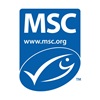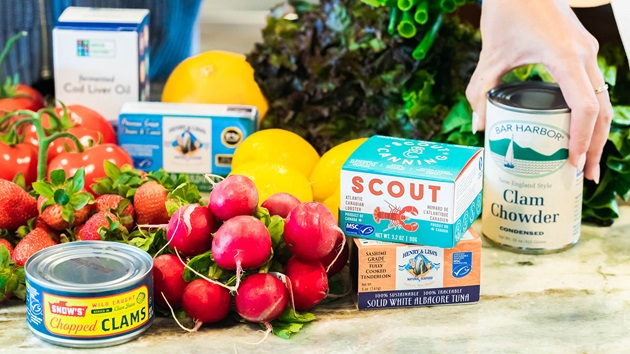The women of the Marine Stewardship Council play a critical role in every aspect of seafood sustainability; from developing our Standards to helping consumers feel empowered about the choices they make, we’re proud to have a great group of women at the helm of the MSC ship! To celebrate International Women’s Day and the important role women play in a healthy ocean, we want to take you through the MSC process from the perspective of some of our exceptional women team members in the U.S. and Canada.
Step 1: Developing the MSC Standard
The MSC is an international nonprofit that sets the standard for sustainable fishing. Fisheries voluntarily enter the MSC program and get assessed against the MSC Fisheries Standard. Assessment and eventual certification is completed by independent, third-party auditors.
The MSC Fisheries Standard is developed in a transparent and inclusive process in collaboration with scientists, conservation groups, industry, and stakeholders. To ensure that the MSC remains current, a review of the fisheries standard is conducted every five years to address issues raised by stakeholders, account for data from our own monitoring and evaluation team, and incorporate the latest science.
Related to the MSC Standard is the Fisheries Certification Process (FCP) review. This process considers fishery assessments, when fisheries are audited by independent assessors to determine whether they meet the requirements for certification. Instrumental in the FCP is marine biologist and Senior Fisheries Standards Manager, Megan Atcheson, whose role helps to ensure that every MSC certified fishery is environmentally sustainable and consistent with international best practice. She enjoys following the progress of fisheries, from when they first enter assessment to earning certification and all of the improvements that are made along the way.“What really interests me about sustainable fishing is the impact it has across disciplines. It’s not just ‘Save the whales’ because whales are so iconic – it’s holistic and the impacts are direct and much greater than the environment alone. It’s jobs, it’s food, it’s recreation…it’s millions of people’s livelihoods,” Megan says.
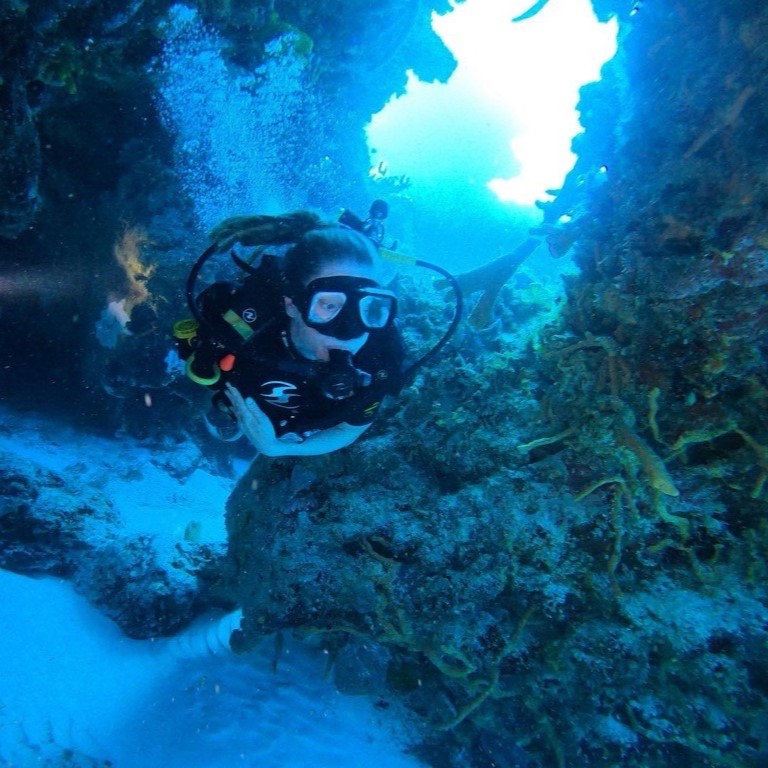
Megan Atcheson has known since childhood she wanted to be a marine biologist.
Step 2: Working with Fisheries
As fisheries consider joining the MSC program, they may need guidance on what is required to achieve certification, what the assessment process looks like, and what working with the MSC after achieving certification will entail. MSC Fisheries Managers are responsible for maintaining these relationships and answering scores of questions. Marin Hawk is the Senior Fisheries Program Manager for the Americas, and she works directly with fisheries to help them prepare for assessment.
“The success of the MSC program is directly related to the work of these fisheries. Since our program is voluntary it’s important to help them to have a good experience as they prepare to go through assessment and following certification,” says Marin.

When she's not working with fisheries, Marin Hawk can most likely be found underwater.
Step 3: Moving Up the Supply Chain
Sustainability doesn’t stop with fisheries. The journey of MSC certified seafood continues in the supply chain and includes thousands of companies that also voluntarily seek certification through the MSC Chain of Custody (CoC) Standard. CoC certification guarantees that companies have a certified supply of MSC certified sustainable seafood and that those products are clearly identifiable and separated from non-certified products. CoC certification also requires companies to ensure that seafood can be followed throughout the supply chain, volume of certified product is recorded, and that effective management is in place to maintain certification.
Similarly, to how Marin helps fisheries to prepare to engage with the MSC program, Senior Market Manager Laura McDearis leads our commercial team in the US who work with seafood companies, restaurants, and retailers to partner with the MSC to offer certified sustainable seafood. Laura and her team help our business partners in the US offer more certified sustainable seafood products to the US market, increase market demand for sustainable products, and help our partners as the educate consumers about sustainable seafood to ensure that we have a thriving seafood industry and resources for the future.
“The sustainability effort by our partners is outstanding,” says Laura. “Often it takes years’ worth of work to meet our high bar for sustainability. So, when you see the MSC blue fish label on products, you can feel confident that you're supporting sustainable fisheries, businesses, and products that are great for the planet and our ocean.”
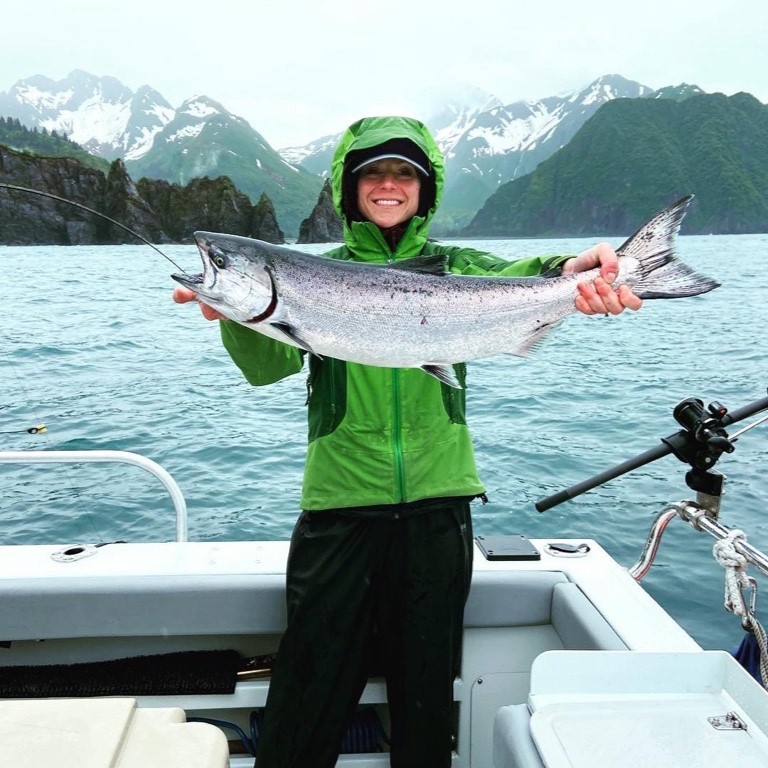
Growing up in Wisconsin, Laura McDearis learned early on how to fillet and grill fish.
Step 4: The Seafood On Your Plate
When fisheries and companies have achieved MSC certification, the last step for a product to make its way to the homes of seafood lovers around the globe. It’s the responsibility of Marketing Manager for Canada, Cait Beatty, to help seafood eaters find MSC certified sustainable products at their local grocery stores, fish markets, restaurants, and retailers through digital campaigns and marketing. Cait also works with chefs, dieticians, and journalists to tell the story of sustainable seafood.
“I believe there needs to be a global conversation around where food is being sourced, if it’s sustainable, and if it’s good for us and the planet,” says Cait. “Having this conversation means we’re empowering people around the world to make good choices and safeguarding our oceans for future generations.”
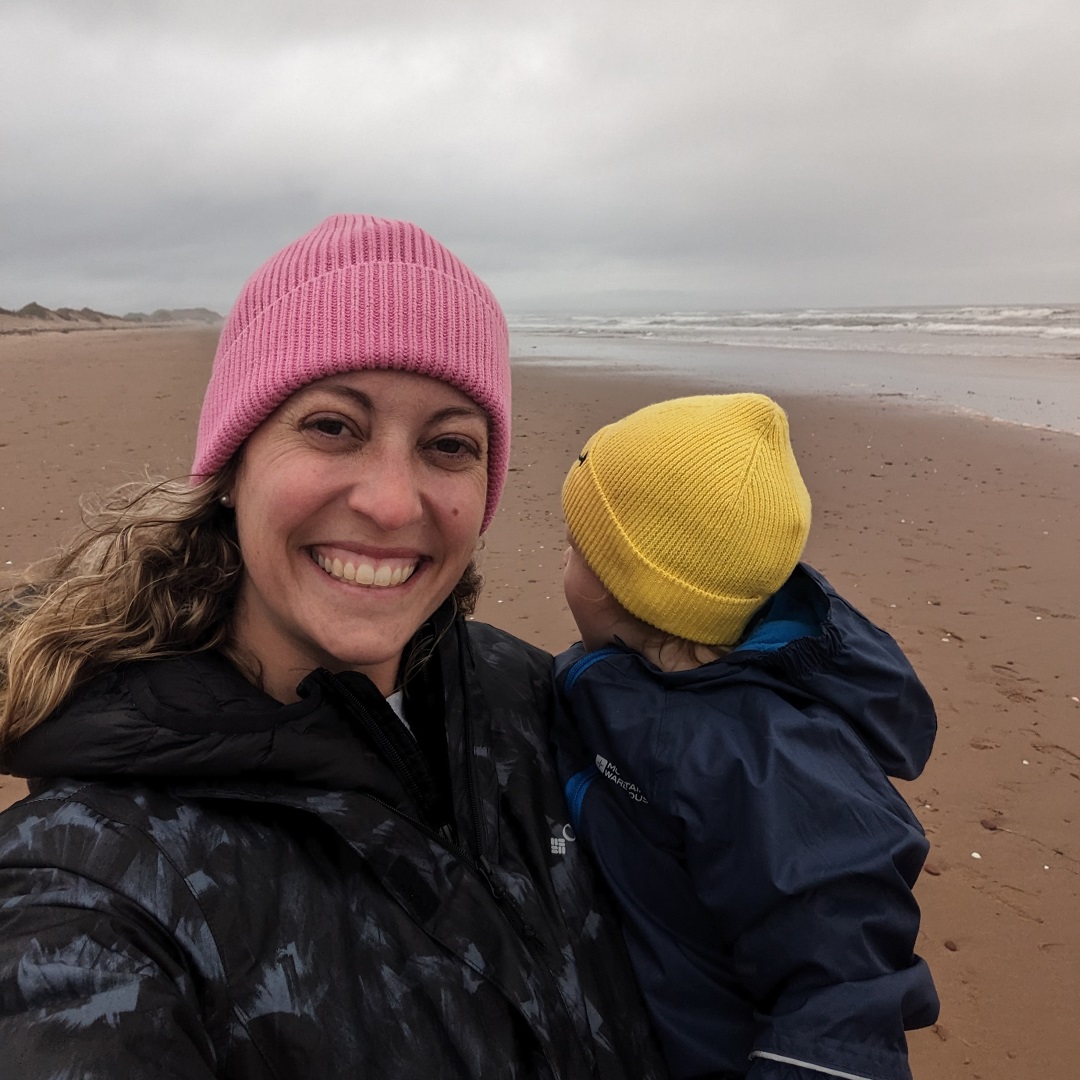
When not at home in Canada, Cait Beatty loves to travel and has been to 23 countries.
Here at the MSC, we wouldn’t be the global gold standard for seafood sustainability without our tireless team of ocean heroes around the globe. Today we celebrate the women who are leading the seafood sustainability movement and driving the MSC forward. Happy International Women's Day!


